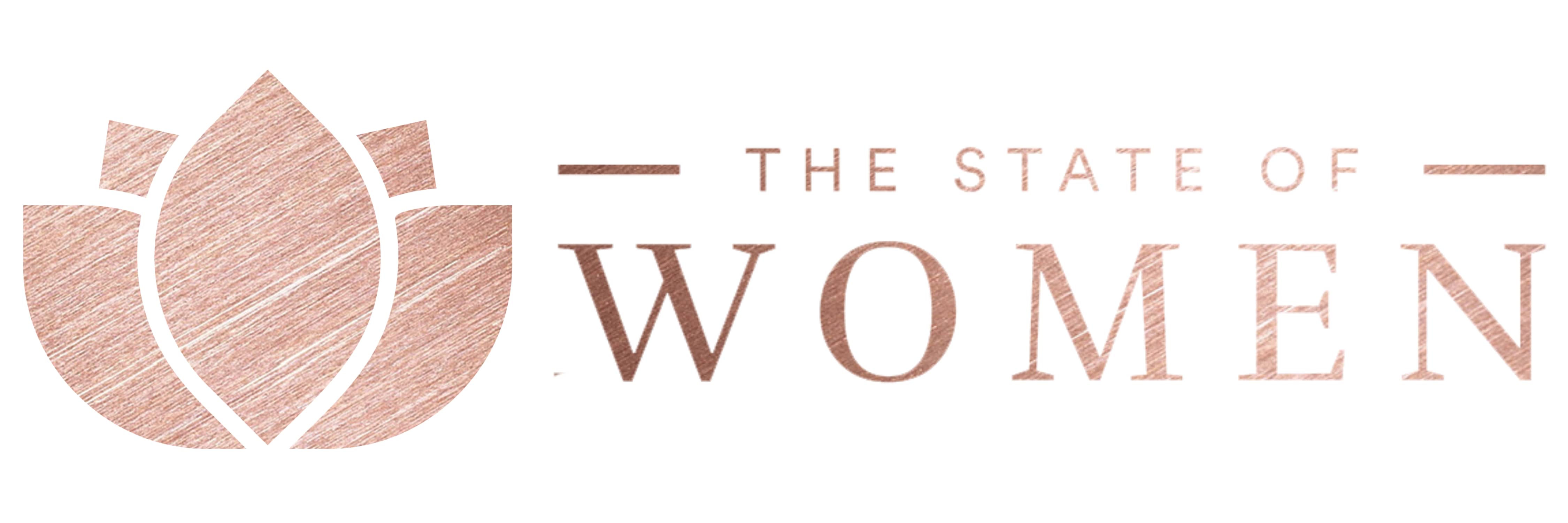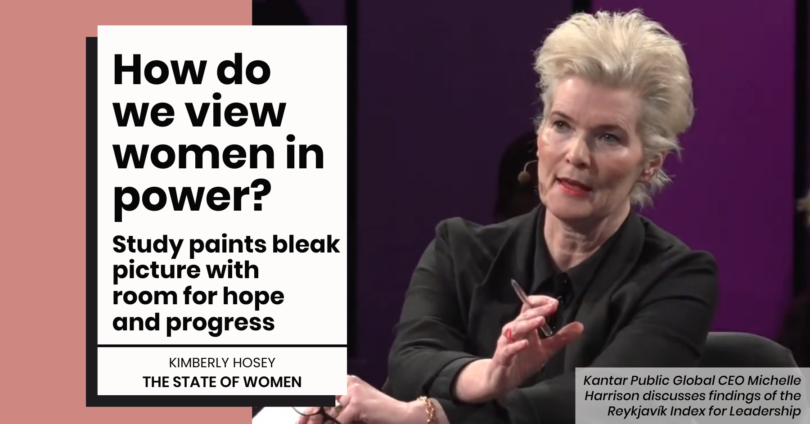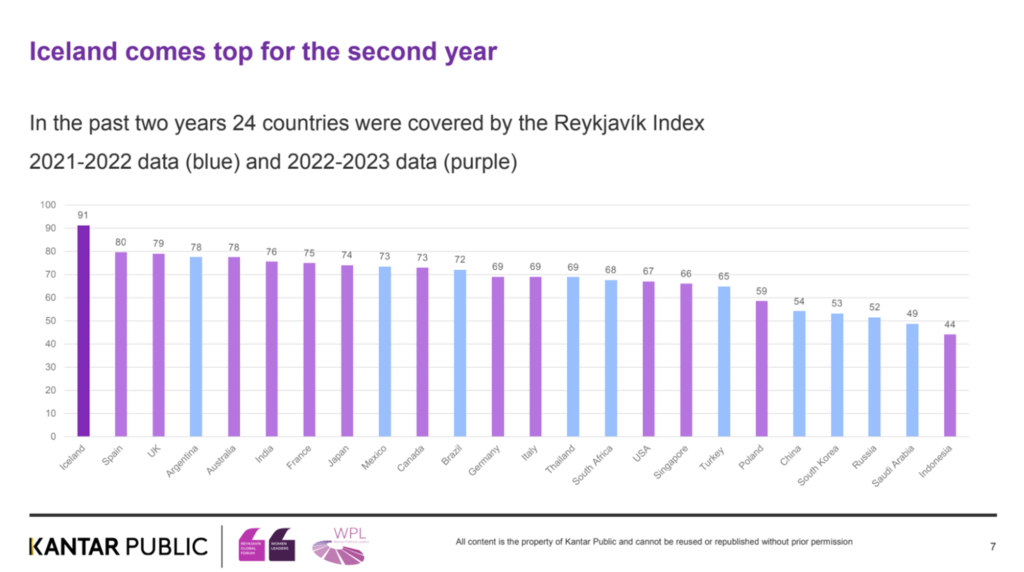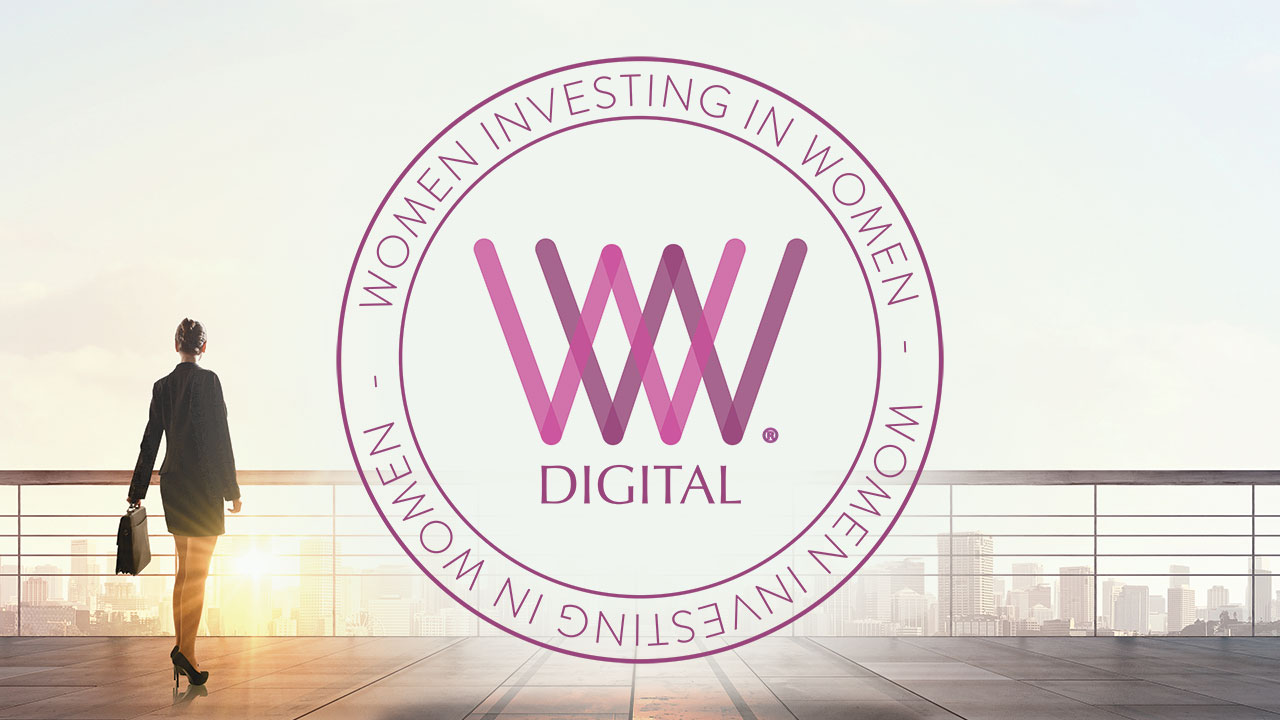By Kimberly Hosey
As advocates and leaders from around the world convened in Iceland earlier this month to discuss gender equality, a study highlighted key areas for improvement as well as concern. Data shows societal beliefs about women leaders still have a long way to go: Between the study’s first year and 2022, many countries saw levels of acceptance of women in power stagnate or even decline—in some cases significantly.
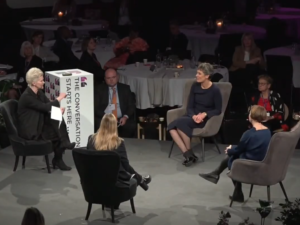
Panelists at the Reykjavík Global Forum discuss the findings of The Reykjavík Index for Leadership. (Screenshot: Women Political Leaders)
The annual Reykjavík Index for Leadership, conducted by leading data analytics company Kantar Public together with Women Political Leaders, looks at societal attitudes toward women leaders.
Countries received a score of 0 to 100, with 100 being equal estimation of men and women as suitable for leadership roles. Respondents were asked who they felt was best suited for leadership positions in 23 different sectors.
Lack of progress among G7 countries
“It’s a measure of perception, not outcome,” said Kantar Public Global CEO Michelle Harrison as she presented the findings at Reykjavík Global Forum, taking audience members through the past five years of evidence focused on G7 countries. She warned listeners not to “hold your breath” for rapid progress.
“Over five years, over all of the G7, we haven’t seen perceptions of female leadership improve at all,” she said. While countries that had previously scored at the bottom of the G7 saw modest improvements and there was a slight improvement in the United Kingdom and a slight decline in Canada, the standout finding was the United States: From an index score of 76 in 2018, ranking just below the UK among G7 nations, the country’s score dropped to 67 in 2022, placing it at the very bottom and well below the G7 average of 72.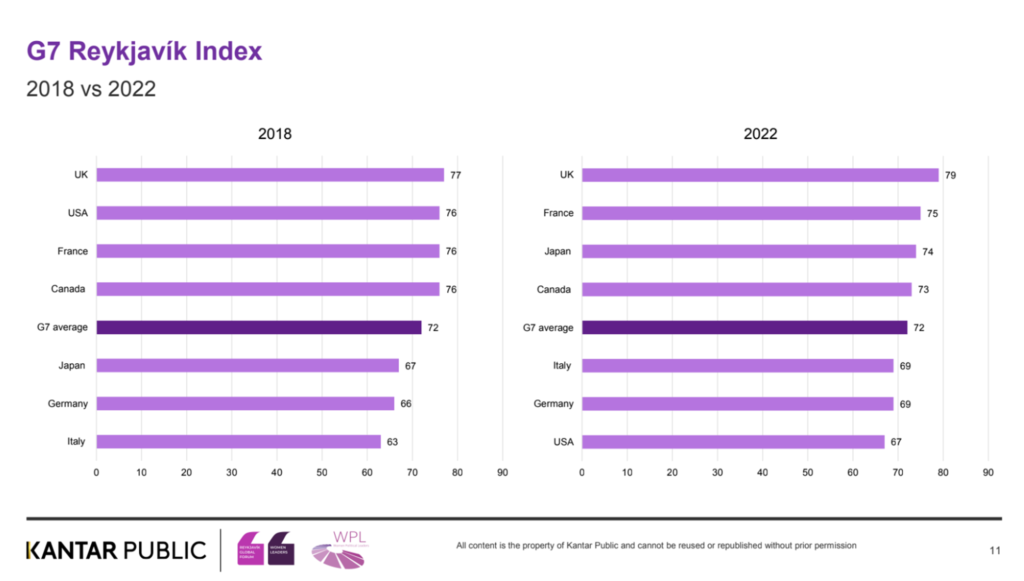
Global misinformation leads to gaps between perception and reality
Harrison called the finding “catastrophic” and “the biggest shift we’ve seen down in the last five years.”
“I don’t think anyone’s going to necessarily be surprised that a national conversation literally about women’s abilities to control their bodies might lead to a shift in the way that women are perceived as leaders,” she added.
The full picture—and our approach—can be complicated, pointed out Christy Tanner, Reykjavík Global Forum senior adviser.
“There is clearly a major gap between perception and reality. The reality is that two of the three most powerful political leaders in the US right now are women,” she pointed out, indicating Vice President Kamala Harris and House Speaker Nancy Pelosi. She pointed to well-funded global efforts to influence politics, “and one of the ways that power is being influenced is through perceptions of equality, and whether or not equality is even a good thing is being questioned by many people” from around the world.
Steps backward—and a way forward
Harrison also called attention to regression across the board among G7 countries in many areas. For example, the percentage of people across G7 countries who report feeling “very comfortable” with a woman as head of government was 43% when first measured in 2018—and after four years of improvement, the number has now dropped nearly back to its original level, standing at only 45%.
Countries saw a similar pattern of improvement followed by regression this year when respondents were asked if they felt “very comfortable” with a woman as CEO of a major company.
The overall pattern repeats in each country in what Harrison called “a pattern everywhere of a sudden decline.”
There were some areas for optimism. Iceland led the way with an index score of 91, indicating a rate of perceived leadership suitability much closer to gender-neutral than other countries, though even there, a gap between men’s and women’s views persists. (Women hold prejudice against women leaders, but men are more prejudiced toward female leadership in nearly all countries.) And past improvements show that attitudes can be influenced for the better.
Extensive, inclusive action needed to reach gender equality
Panelists discussed the results in detail—including the study’s disturbing finding that younger people tend to be more prejudiced against women in leadership roles than those in their parents generation—as well as potential solutions.
“This year’s data is a call to action for our global community to accelerate progress in women’s rights,” said Hanna Birna Kristjánsdóttir and Silvana Koch-Mehrin, co-founders of the Reykjavik Global Forum, in a statement. “From introducing legislation to improving cultural portrayals, we are committed to a global, cross-platform, intersectional effort to achieve equal rights for all.”
For more information and to see the complete discussion, watch the coverage of the Reykjavík Global Forum (Index discussion starts around the 41:00 mark), and stay tuned as we talk to women leaders from around the world and explore many of these topics in detail.
Visit Kantar Public and Women Political Leaders for more information.
